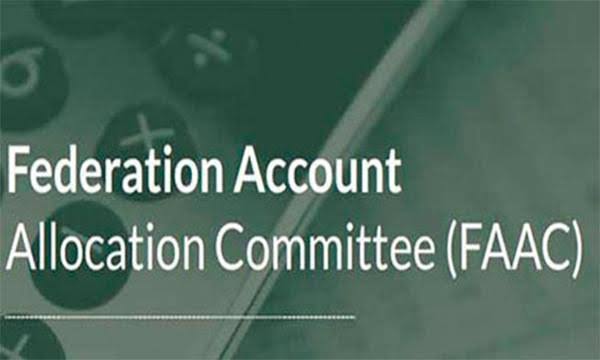The Annual State Viability Index (ASVI) 2022 report, released by Economic Confidential in Abuja yesterday, exposed the financial challenges faced by Bayelsa, Kebbi, Katsina, Akwa Ibom, Taraba, and Yobe.
According to the report, these states are unable to sustain themselves without allocations from the Federal Account Allocation Committee (FAAC).
The ASVI report meticulously calculated and demonstrated that the Internally Generated Revenues (IGR) of these six states in 2022 fell below 10% of their receipts from the Federation Account Allocations (FAAC).
The findings underscored the financial fragility of these states, emphasizing their dependency on federally collected revenue, primarily sourced from the oil sector.
The IGRs, generated through Pay-As-You-Earn tax (PAYE), Direct Assessment, Road Taxes, and revenues from Ministries, Departments, and Agencies (MDAs), totalled N1.8 trillion for all 36 states in 2022.
This marked an increase from the N1.76 trillion recorded in 2021. Notably, Lagos State’s IGR of N651 billion surpassed the combined IGRs of 30 other states.
Lagos maintained its leading position, achieving a remarkable 176% revenue growth compared to its Federal Account Allocation (FAA) of N370 billion in 2022.
Read also: Stakeholders seek climate finance, investment mobilisation for agricultural adaptation
Other states with notable IGR performances include Ogun, Rivers, Kaduna, Kwara, Oyo, and Edo.
Conversely, the report highlighted that the seven most viable states generated almost twice the total IGR of the remaining 29 states combined. Bayelsa and Akwa Ibom emerged as the only southern states with IGRs below 10% of their FAA in 2022.
The ASVI report recommended aggressive economic diversification as a means to improve states’ IGR, urging them to focus on productive sectors rather than relying solely on monthly Federation Account revenues, predominantly derived from the oil sector.
The findings underscore the need for states to enhance their fiscal independence for sustained economic viability.







